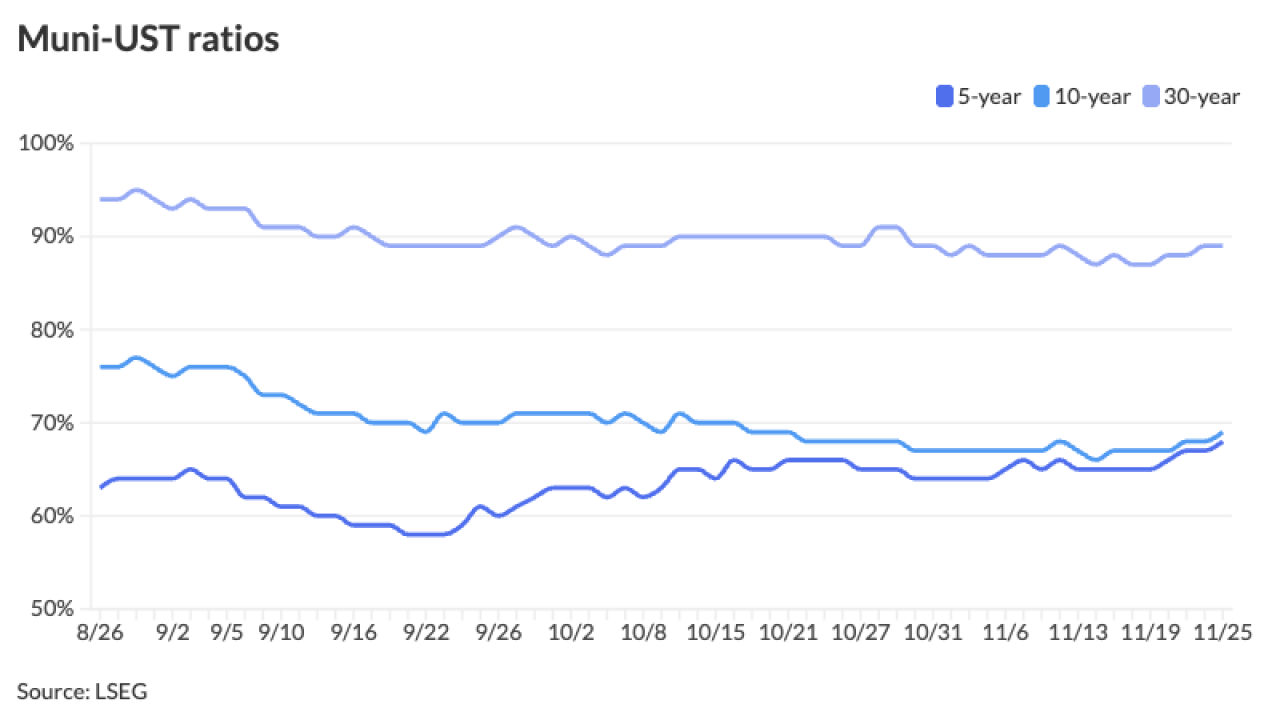The suite of new monetary policy tools under consideration by the Federal Reserve are likely to have limited effectiveness in the next downturn, economists wrote in a keynote paper for a University of Chicago Booth School of Business monetary policy forum that will host several central bankers in New York Friday.
“Going forward, low global bond yields likely will hamper any attempt to lower safe interest rates using either old or new monetary policy tools,” economists Stephen Cecchetti, Michael Feroli, Anil Kashyap, Catherine Mann and Kermit Schoenholtz wrote in the paper.
The comments come as Fed officials are reviewing their policy tool kit and strategy in a special study ordered by Chairman Jerome Powell. The Fed is expected to explain their conclusions later this year and publish a new document on long-run policy goals, which may involve pursuing an average level of inflation over time instead of a yearly goal of 2% that they haven’t achieved on a consistent basis.

The benchmark policy rate is now in a range of 1.5% to 1.75% following three cuts in 2019. Even though the U.S. economy is in the eleventh year of expansion, inflation remains low, rising just 1.6% in 2019 by the Fed’s preferred measure. U.S. government 10-year Treasury yields have fallen to about 1.5% from around 2.7% at the start of 2019.
Economists including Federal Reserve Governors Lael Brainard and Richard Clarida, and reserve bank presidents Loretta Mester of Cleveland and Raphael Bostic of Atlanta, are gathering in New York for the conference which focuses on recession-fighting policies. European Central Bank executive board member Philip Lane is also speaking.
“If long-term nominal yields are already at very low levels when activity begins to slow, then the scope for using policies that aim at interest rates will naturally be limited,” the economists write in a paper titled “Monetary Policy in the Next Recession.” They added that it was “unclear whether new tools will be strong enough to move other asset prices in ways that will stimulate aggregate demand.”
Given such constraints, the economists recommend that the Fed have a stated plan on how it will use its tools going into the next recession and that it deploy them aggressively.
“Policy is most effective when financial-market participants understand the Fed’s reaction function and can re-price risk in anticipation of the Fed’s actions,” the economists wrote. “Our findings also suggest that such a plan should be prepared to deploy the new monetary policies early and aggressively.”





